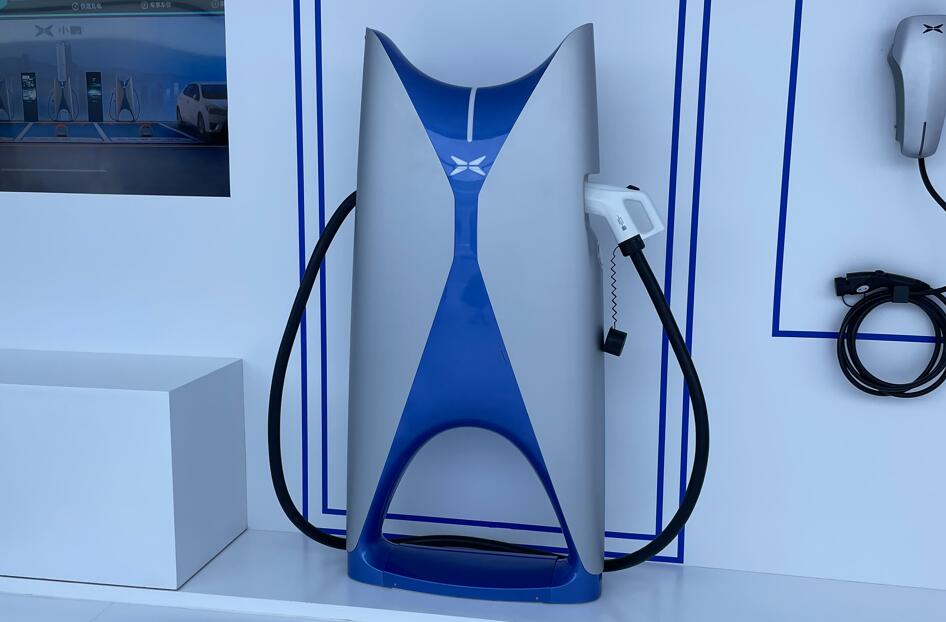
(Source: CnEVPost)
Xpeng Motors is scaling back the free charging benefits it offers to new car buyers starting next month, prompting many discussion. The company explained the reason behind this.
As Xpeng users continue to expand, the reduction in free charging credits is to ensure that the Xpeng Supercharger system provides better and sustainable replenishment services for customers, sznews.com said Wednesday, citing the company's response.
Xpeng announced Monday that it will reduce the 3,000 kilowatt-hours per year of free charging offered to customers to 1,000 kilowatt-hours per year from Aug. 1.
Owners who paid a deposit on or before July 31 will still receive the 3,000 kWh per year free charging credit.
The Xpeng P5, a brand new model that has not yet been delivered, has a special policy associated with it.
Those who have already made a reservation for the P5 will still receive 3,000 kWh of free charging per year. Until Xpeng officially announces the service adjustment, customers who order the model will also continue to have access to the service, the company said.
As of May 20, 2021, Xpeng offers owners free charging at 1,314 supercharging stations in 188 cities.
In the first half of the year, its cumulative deliveries totaled 30,738 units, up 459 percent year-over-year.
Among them, Xpeng delivered 17,398 units in the second quarter, an increase of 439 percent year-over-year. The steep increase in the number of users also means that the cost of providing free services will increase significantly.
The Xpeng source quoted by sznews.com said that its supercharging system had limited stations to offer at the beginning of construction and made a free charging commitment of 3,000 degrees of electricity per year in order to meet old users' need of energy replenishment.
As Xpeng users continue to expand at this stage, the Xpeng supercharging system has been improved and has achieved over 200 of Xpeng's own supercharging stations. Appropriately reduce the free charging quota is to ensure that the Xpeng supercharging system can provide more users with better and sustainable energy replenishment services, the source said.



